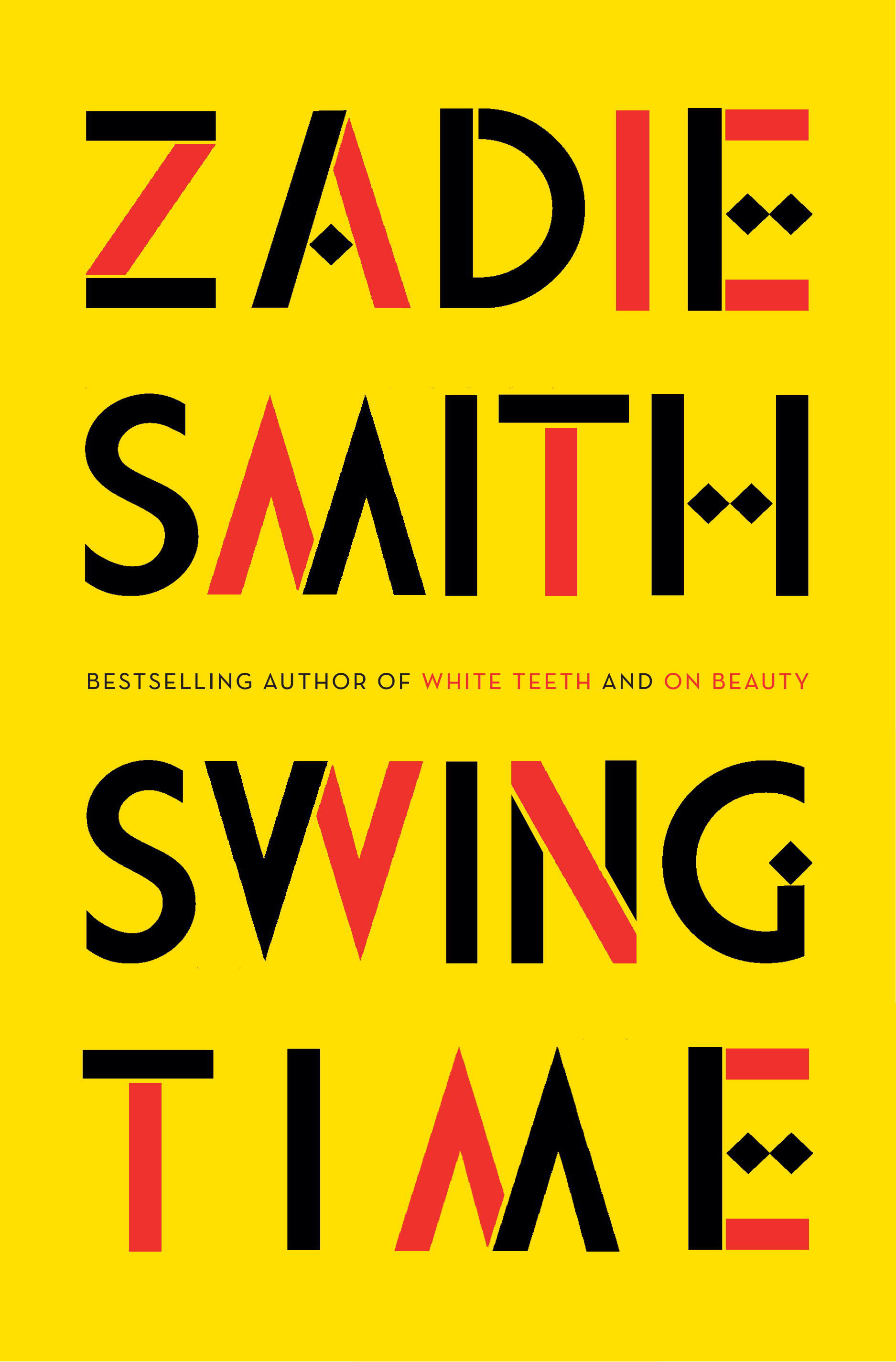Description
“In Swing Time, Zadie Smith handles race, class, and long-term friendship with grace and apparent ease. Two young black girls grow up in the same low income project in North London, both interested in dance, only one actually good at it. As they mature, their lives diverge. One actually becomes a dancer, the other goes on to be the assistant to a pop star. There’s something magical about reading Zadie Smith when she’s really on, and this book skillfully builds out each character—using hopes, wants, personal history, relationships, status, and even geography to delineate each person’s life. It’s fitting to compare Smith’s talents to a dancer’s, but it’s more accurate to admit she’s just a damn good novelist.” —Chris Schluep, The Amazon Book Review
“Wise and illuminating…Smith is a master stylist, delivering revelatory sentences in prose that never once veers into showiness.”—USA Today
“This is a story at once intimate and global, as much about childhood friendship as international aid, as fascinated by the fate of an unemployed single mother as it is by the omnipotence of a world-class singer…Smith’s attention to the grace notes of friendship is as precise as ever…’Swing Time’ uses its extraordinary breadth and its syncopated structure to turn the issues of race and class in every direction…We finally have a big social novel nimble enough to keep all its diverse parts moving gracefully toward a vision of what really matters in this life when the music stops.”—Ron Charles, Washington Post
“A dance itself, syncopated, unexpected, and vital…Swing Time may not parse easily and fits no mold, but it is uncommonly full of life.” —Claire Messud, The New York Review of Books
A New York Times bestseller * Finalist for the National Book Critics Circle Award for Fiction * Longlisted for the Man Booker Prize
An ambitious, exuberant new novel moving from North West London to West Africa, from the multi-award-winning author of White Teeth and On Beauty.
Two brown girls dream of being dancers—but only one, Tracey, has talent. The other has ideas: about rhythm and time, about black bodies and black music, what constitutes a tribe, or makes a person truly free. It’s a close but complicated childhood friendship that ends abruptly in their early twenties, never to be revisited, but never quite forgotten, either.
Tracey makes it to the chorus line but struggles with adult life, while her friend leaves the old neighborhood behind, traveling the world as an assistant to a famous singer, Aimee, observing close up how the one percent live.
But when Aimee develops grand philanthropic ambitions, the story moves from London to West Africa, where diaspora tourists travel back in time to find their roots, young men risk their lives to escape into a different future, the women dance just like Tracey—the same twists, the same shakes—and the origins of a profound inequality are not a matter of distant history, but a present dance to the music of time.




